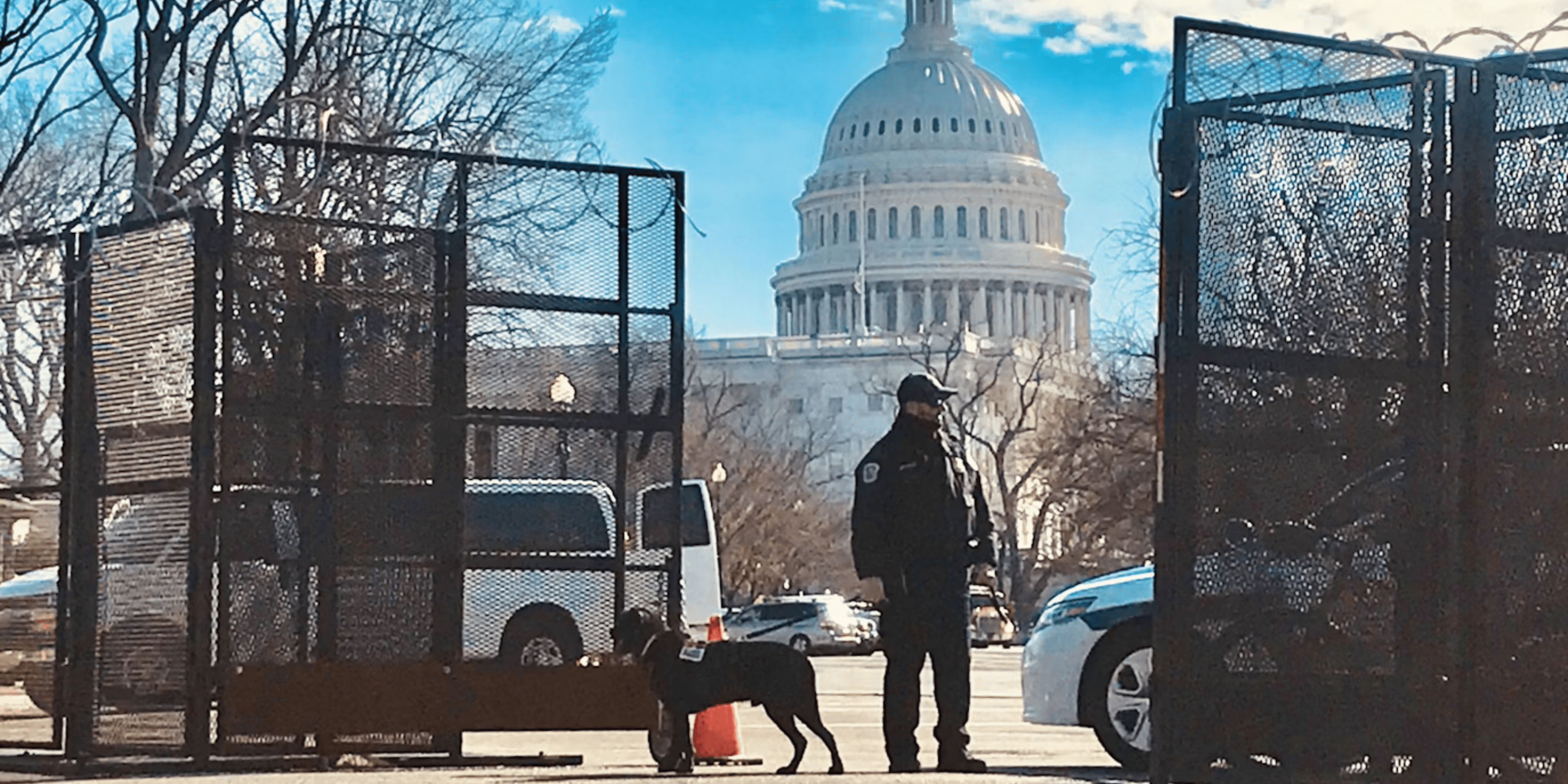newsletter
Your Daily News in Just 5 Minutes!
Featured
Politics of Mourning, Protests over Power, Inflation’s Quiet Rage
Today’s headlines are dominated by political tension, economic anxiety, and cultural reckonings. A memorial for conservative activist Charlie Kirk has triggered sharp partisan divisions, a growing outcry over alleged executive overreach from the Trump administration is raising alarms in Congress and the legal community, and middle- and working‑class Americans are feeling squeezed by stealthy inflation even as the headlines suggest prices have cooled overall. These stories point to a country wrestling with deep ideological fractures, weak economic signals, and a governance structure under strain.
Sep 22, 2025
Charlie Kirk’s Memorial: A Rhetoric‑Charged Gathering
The memorial service for Charlie Kirk, founder of Turning Point USA, held at State Farm Stadium in Glendale, Arizona, brought tens of thousands of mourners together. President Donald Trump called Kirk a “martyr” and declared, “I hate my opponents,” diverging from traditional eulogies into politically charged grievance. Meanwhile, Kirk’s widow, Erika, delivered an emotional address forgiving her husband’s suspected shooter, grounding her remarks in Christian faith and contrasting the tone of political rhetoric.
This event has become more than a memorial: it’s viewed by many observers as a litmus test for the current state of polarization and political mobilization, where commemoration and activism are intertwined.

Trump’s Pressure on Justice Department Sparks Alarm
On Capitol Hill and in the legal community, concern is mounting over what many see as overt pressure exerted by President Trump on the Department of Justice. Trump has reportedly demanded prosecutions of political opponents such as Letitia James and Adam Schiff, despite lack of evidence, and removed U.S. Attorney Erik Siebert for refusing to comply. He tapped Lindsey Halligan, critics say, as a replacement—a move seen as part of a broader effort to align prosecutorial priorities with personal and political aims.
These developments have stirred bipartisan concern about the erosion of DOJ independence, with legal experts warning of long‑term institutional damage if the norms of separation and non‑politicization are undermined.

Economic Strain: Inflation Easing, But Essentials Rise
While national inflation has come down—currently near 2.9% annually, down substantially from peaks in 2022—many Americans are still facing increases in essential costs. Rent is up about 3.8%, utilities and energy are surging, and food prices remain elevated. These are recurring bills for most households and are hurting those with less flexibility in their budgets.
Also concerning is the job market in small businesses, which are showing signs of weakening. Fewer vacancies and reduced hiring in sectors like transportation, manufacturing, and construction suggest that the engine of small firm employment is stalling—traditionally a bellwether for broader economic health.

A Dissenting Federal Reserve Voice: Governor Calls for Deeper Rate Cuts
Stephen Miran, a newer Federal Reserve Governor, has challenged the consensus at the Fed that current rates are appropriate. He argues interest rates are “way too high” and warns that failure to reduce them more aggressively could lead to layoffs and rising unemployment. According to him, falling immigration and recent tariff policies should provide some relief in inflationary pressures, particularly around housing.
This disagreement underscores growing tension within the Fed about how to balance inflation control with maintaining employment and economic momentum—especially as data from small businesses and households suggest that any relief from inflation is fragile.

Legal and Institutional Struggles: Cook vs. Trump & DOJ Independence
In parallel to the concerns over DOJ pressure is the ongoing legal battle in Lisa Cook v. Trump, where Federal Reserve Governor Lisa Cook is challenging President Trump’s attempt to remove her from office. A federal judge has issued a preliminary injunction that blocks her removal, citing provision in law that requires “for cause” for dismissal. Observers see this case as a high‑stakes test of institutional independence, especially given other recent moves by the administration that many see as attempts to assert greater control over departments traditionally considered non‑political.
The outcome of this case may have long‑term implications for how much leverage a sitting president has over independent or quasi‑independent offices, particularly those in financial regulation or judicial oversight.
Looking Ahead
In the coming days, several developments will be closely watched. First, the fallout from the Charlie Kirk memorial speech—politically and in media framing—may shape messaging and alliances on both sides. Second, further developments in the DOJ pressure campaign, and whether any formal investigations or court rulings emerge, could redefine the boundaries between politics and prosecution. Third, housing cost inflation and utility expenses will likely dominate consumer concern, potentially influencing upcoming policy proposals at local and federal levels. Fourth, additional dissenting voices at the Fed, plus new economic data—especially regarding unemployment and job openings—may tip the balance toward more aggressive rate cuts. Finally, the outcome of Cook v. Trump may clarify just how far as‑yet unwritten norms surrounding institutional independence will hold up in courts.
Related blogs
Related blogs
Copyright 2025 USA NEWS all rights reserved
newsletter
Get daily news directly in your inbox!
Copyright 2025 USA NEWS all rights reserved
newsletter
Get daily news directly in your inbox!
Copyright 2025 USA NEWS all rights reserved
Copyright 2025 USA NEWS all rights reserved














